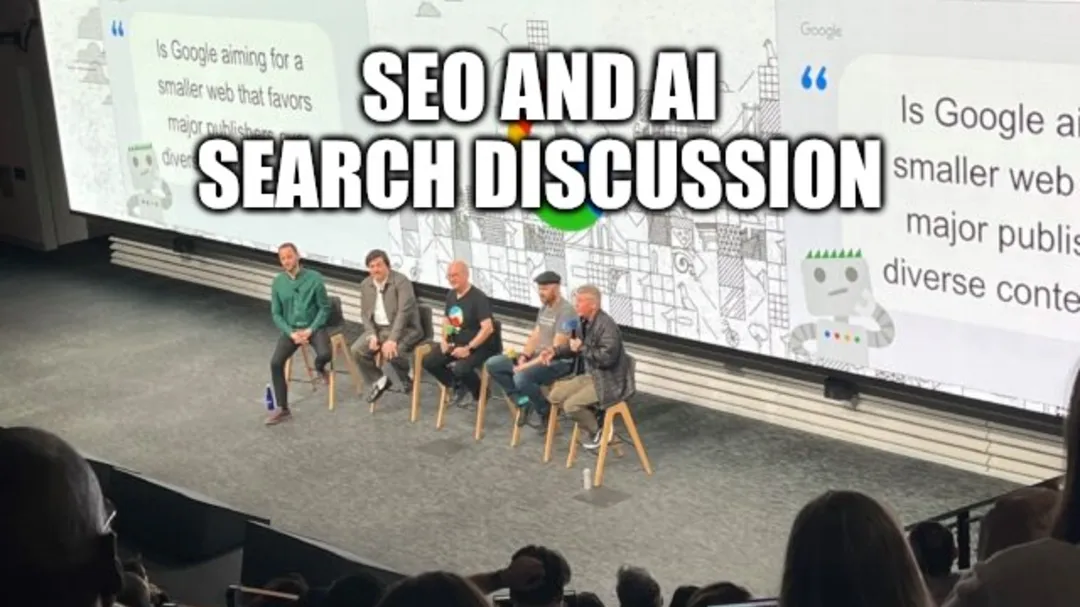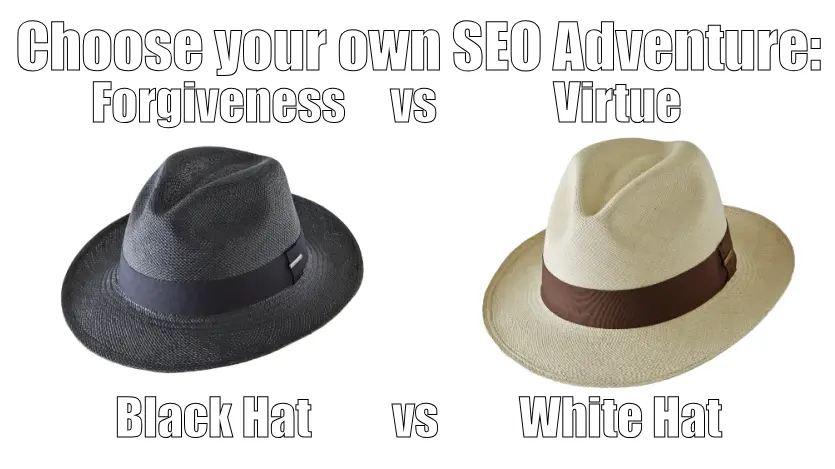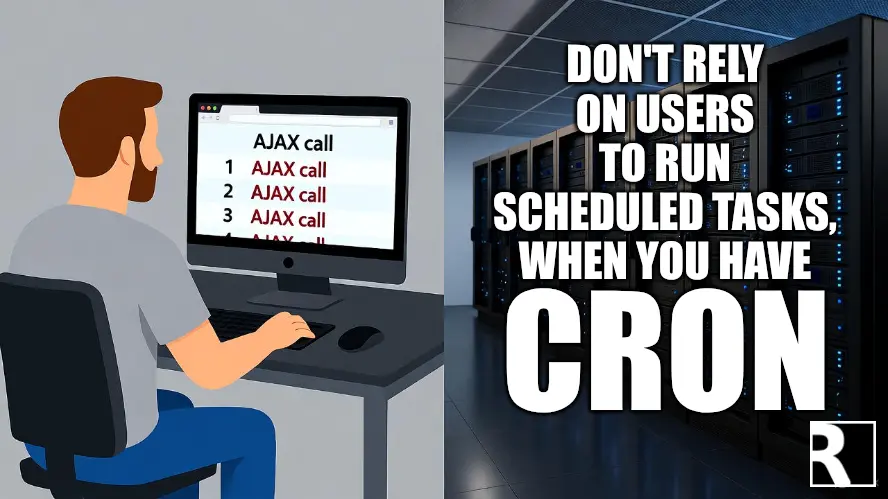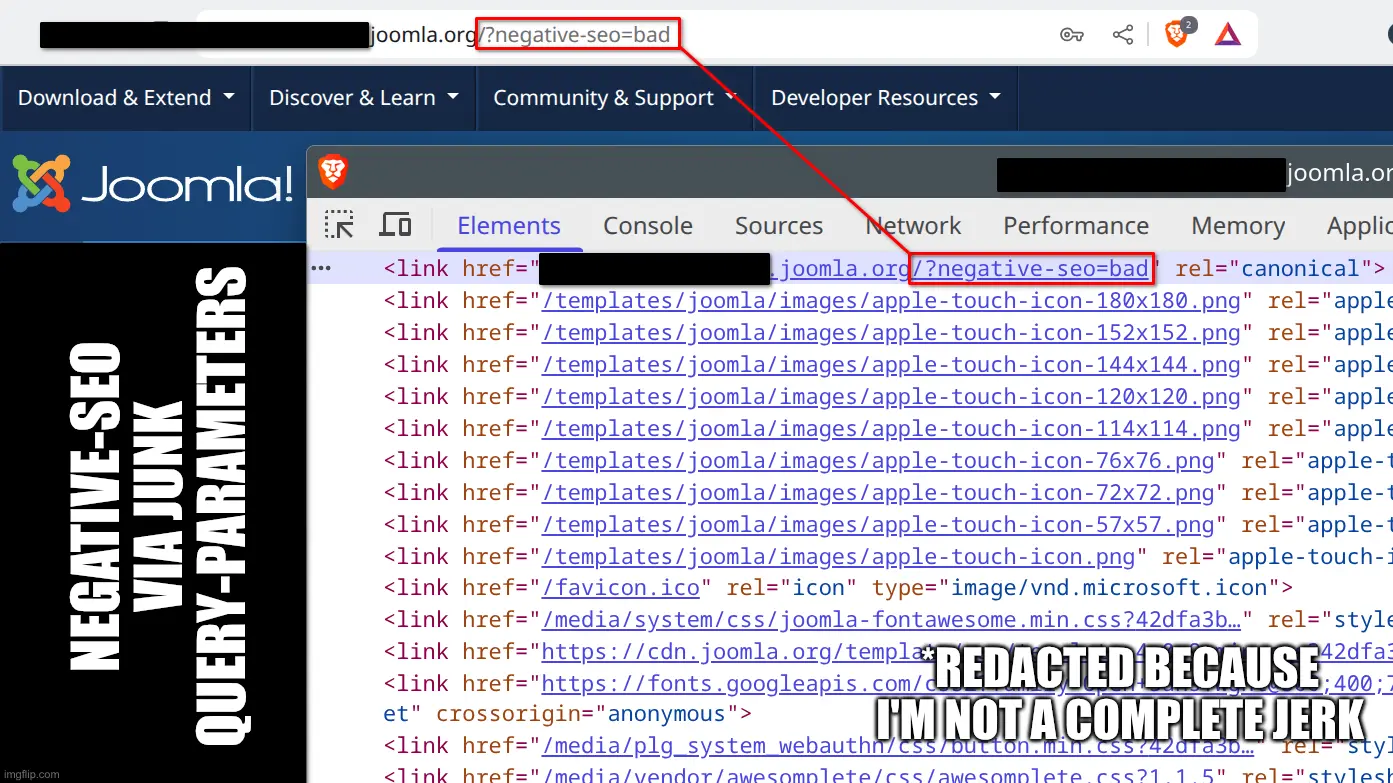Hosting
RicheyWeb has been hosting websites and custom SaaS applications for customers since 2007. Most of our customers opt to remain anonymous, to give the appearance of in-house development. We totally get it, though it makes advertising difficult.
Private demonstrations are available for those interested.
Worldwide Network
Our network of servers spans every continent (except Africa) hosting applications for the aviation industry, private security, manufacturing, and even agriculture. Our free software powers everyone else.
Beyond a Technology Enthusiast
Protected by the latest technologies and an aggressive paranoia, we prioritize data security, performance, and up-time.

Google's Search Off the Record podcast, featuring Search Advocate John Mueller and Danny Sullivan, delivers a refreshing reality check: traditional Search Engine Optimization principles remain rock-solid, with the enduring emphasis on creating genuinely helpful, people-first content. Dismissing short-term hacks and overblown guarantees, the discussion reinforces that emerging AI-driven formats are simply extensions of core SEO, rewarding authenticity over gimmicks. Inspired by this candid insider perspective, this article distills official Google guidance into actionable strategies for optimizing your site, vetting SEO professionals wisely, and thriving in AI experiences—equipping small businesses and enterprises alike with a sustainable path forward.
Read more: Search Engine Optimization: Google on AI and SEO Experts
Why is this a big deal?
Animations for the web are generally expensive, from a hosting and SEO standpoint. Each animation file (AVIF, WEBP, GIF, MP4) are fairly large. The more elaborate the animation, the larger the file. Additionally, each animation requires a separate download - which slows your page loads down. I spend/spent a lot of time compressing the animations used on this website to be under 1MB - most are under 500KB.
This is not a video. This is not an image. This is an instruction.

Welcome to an exciting journey in the realm of search engine optimization! At RicheyWeb, we're thrilled to announce our partnership with Scott Phillips, the visionary behind Great Natural Cures. Together, we're bringing this once-dormant website back to life as a testing ground for innovative SEO tools and practices. This project isn't just about reviving a site; it's about pushing the boundaries of what's possible with digital marketing and website promotion. If you're searching for SEO experts to elevate your online presence, here's a glimpse into how we're crafting success from a clean slate.
Read more: Grand SEO Experiment: Reviving Great Natural Cures

If you've been using the Amazon Product Advertising API and suddenly started seeing the AssociateNotEligible error since November 12th, you're not alone. Many users of the Amazon Associates Program have reported disruptions, and the root cause might be simpler than you think: your API key. Hopefully, no users of my Content - Amazon Product Advertising API plugin won't have been affected, but there's no way to know until they contact me.
Read more: AssociateNotEligible Errors with Amazon Product Advertising API

The rise of artificial intelligence has sparked both innovation and chaos within search engine optimization (SEO). As a software developer with years of experience in web technologies like Joomla and self-hosted solutions, I've seen trends come and go. Recently, I shared some thoughts on X (formerly Twitter) about the pitfalls of over-relying on AI slop content creation and the enduring value of solid technical practices.

As a Joomla developer, I often leave local dev site tabs open in the background for hours, sometimes days. Recently, I switched back to one of these tabs for a quick check, with the DevTools Network panel open. To my horror, dozens, maybe over a hundred AJAX calls fired at once, flooding the network log. The browser froze, navigation stalled, and it took agonizing seconds to recover. “That’s why it’s so slow sometimes!” I realized, pinpointing Joomla’s Lazy Scheduler as the culprit, piling up tasks in the background. This frustrating experience reminded me of the tried and true solution: regular cron with Joomla’s scheduler:run CLI command.

As a software developer and web admin, AI is my secret weapon. I feed it code snippets, API docs, and debug prompts, churning out prototypes or fixes in minutes; hours of grunt work slashed. I've even built Joomla publishing tools that utilize AI: System - AI Meta. But I’m meticulous: sensitive configs stay air-gapped, proprietary datasets never touch the cloud. I’ve spent years fencing off crawlers like GPTBot, keeping client data out of AI training pipelines. AI browsers threaten to make that effort a complete waste of time.

Negative SEO uses malicious tactics to sabotage a website’s search engine rankings. A dangerous method, Negative SEO via URL Parameter Abuse, exploits a flaw in Joomla’s core System - SEF plugin’s canonical URL generation, enabling attackers to create duplicate content issues that harm rankings. This article explores this threat, how System - SEF causes it (as seen on an official Joomla site), why nearly all official Joomla sites disable the plugin (likely due to this exploit), and what RicheyWeb is doing about it - informed by SEO insights from dofollow.com.